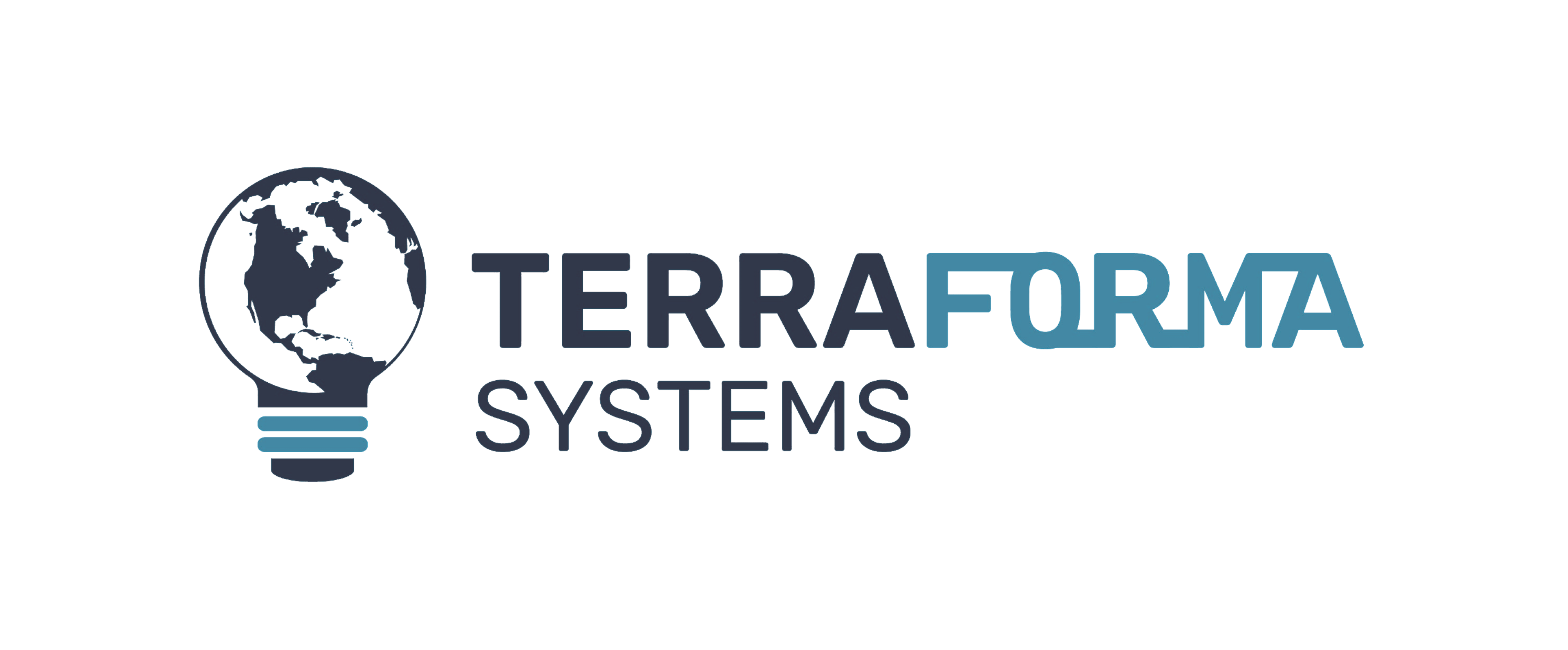
Managing Risks and Maximizing Potential of Waste on Industrial Lands
Sep 9, 2025
3 min read
Industrial lands are the engines of manufacturing, logistics, and heavy commercial activity. They are also significant producers and storers of waste. From packaging and production residues to hazardous chemicals and construction debris, the volume and diversity of waste on these sites pose both operational and environmental challenges.
Historically, industrial areas have often been chosen for waste handling facilities, including landfills, transfer stations, and recycling depots, because they are zoned for heavy use and located away from residential neighborhoods. While this can make logistical sense, it also creates long-term environmental and land use considerations that require careful planning.

Types of Waste Found on Industrial Lands
Industrial zones generate multiple waste streams, often at high volumes. Common types include:
Organic waste - Food scraps from cafeterias, landscaping debris, and byproducts from food processing or agricultural processing facilities.
Recyclables - Cardboard, plastics, metals, and paper from packaging, shipping, and manufacturing processes.
Residual non-recyclables - Materials contaminated with oils, adhesives, or other substances that prevent recovery.
Hazardous and toxic waste - Chemicals, solvents, heavy metals, and other regulated substances that require specialized handling and disposal.
Construction and demolition waste - Concrete, asphalt, treated wood, insulation, and other debris from facility expansion or tenant turnover.
Challenges of Waste Management on Industrial Lands
Managing waste in industrial areas is not simply about collecting and hauling it away. Several factors make the process more complex:
High volume and density. Multiple operators in close proximity can produce more waste than the available infrastructure can efficiently handle.
Environmental risk. Improperly stored or handled waste can contaminate soil, air, and groundwater.
Regulatory compliance. Businesses must adhere to local, provincial, and federal waste management laws, with strict penalties for violations.
Land use impact. Sites used for long-term waste disposal can face restrictions and costly remediation before redevelopment.
Environmental and Economic Impacts
Poor waste management on industrial lands can have ripple effects that last for decades. These include:
Soil and groundwater contamination
Greenhouse gas emissions from decomposing organic waste
Reduced land value due to contamination or remediation requirements
Increased costs for cleanup and compliance
Negative community and stakeholder perceptions
Conversely, effective waste management can reduce operating costs, improve environmental performance, and preserve land value for future uses.
Redevelopment of Waste-Impacted Industrial Lands
When portions of industrial sites have been used for landfill or waste storage, redevelopment becomes a more complex but not impossible process. Common reuse options include:
Light industrial facilities with shallow foundations over capped landfills
Renewable energy installations such as solar arrays or landfill gas-to-energy projects
Green infrastructure including stormwater management areas or buffer zones
The key to safe redevelopment is thorough environmental assessment, regulatory clearance, and long-term monitoring.
Solutions for Better Waste Management in Industrial Areas
Forward-thinking industrial operators are adopting integrated waste management systems to minimize landfill use and environmental risk. Strategies include:
On-site composting for organic waste to reduce hauling costs and methane emissions
Centralized waste facilities for multi-tenant industrial parks to improve efficiency and compliance
Waste tracking and analytics to identify diversion opportunities and streamline processes
Employee training and clear signage to improve source separation and recycling rates
The Role of Terraforma Systems
Terraforma Systems offers tools that help industrial operations turn waste management from a liability into a strategic advantage. The T-REX Composter processes organics directly on site, eliminating the need for landfill disposal and reducing emissions. TFS IQ provides real-time waste data, enabling operators to track performance, meet compliance requirements, and identify cost saving opportunities.
Moving Toward Sustainable Industrial Land Use
Waste on industrial lands is an unavoidable reality. The way it is managed determines whether it becomes a costly burden or a driver for efficiency and sustainability. By combining innovative technology, regulatory compliance, and proactive waste reduction, industrial areas can maintain their economic productivity while protecting environmental and community health.
With the right systems in place, today’s industrial lands can continue to support industry while safeguarding their long-term value. In some cases, waste-impacted sites can even be transformed into productive assets once again.






